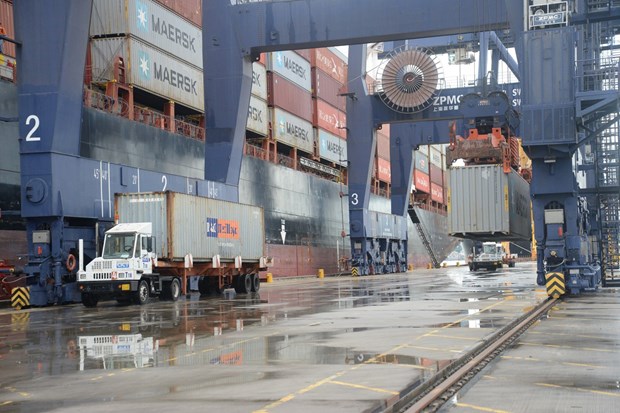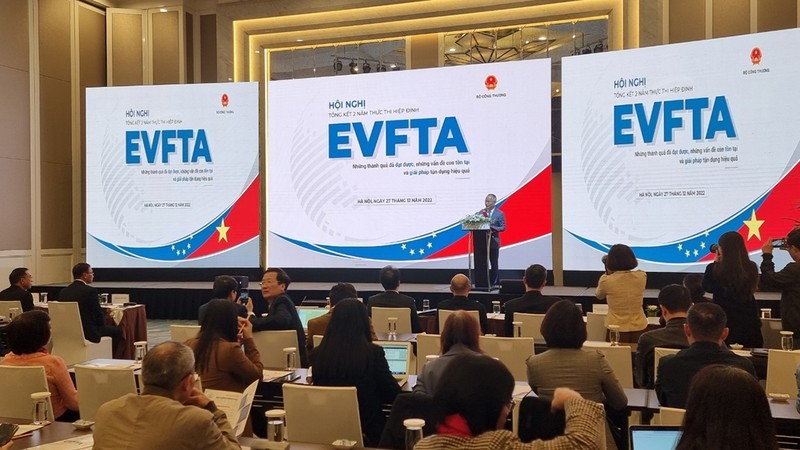
Introduction
The export of Vietnamese IT workers is a growing trend. In recent years, the number of Vietnamese IT workers who have been hired by foreign companies has increased significantly. This is due to a number of factors, including the increasing demand for IT workers in the global market, the high quality of Vietnamese IT education, and the relatively low cost of living in Vietnam.
Benefits of Exporting Vietnamese IT Workers
There are many benefits to exporting Vietnamese IT workers. For Vietnam, it provides a source of foreign currency, helps to develop the IT sector, and raises the profile of the country as a global IT hub. For the workers, it provides them with the opportunity to work in a high-paying job in a developed country, gain valuable experience, and improve their skills.
Some of the specific benefits of exporting include:
- Increased remittances: When these workers go abroad to work, they often send money back to their families in Vietnam. This can help to boost the Vietnamese economy and improve the lives of their families.
- Increased foreign investment: When foreign companies hide the workers, they often invest in Vietnam. This can help to create jobs and stimulate the economy.
- Increased skills and knowledge transfer: When Vietnamese IT workers go abroad to work, they often learn new skills and knowledge. This can help to improve the IT sector in Vietnam and make it more competitive.
- Increased brand awareness: When these workers work for foreign companies, they are often exposed to a global audience. This can help to raise awareness of Vietnam as a country with a skilled workforce.
Challenges of Exporting Vietnamese IT Workers
While there are many benefits to exporting our IT workers, there are also some challenges. One challenge is the language barrier. Many these workers do not speak English fluently, which can make it difficult for them to communicate with their colleagues and clients. Another challenge is the cultural difference. Vietnamese IT workers may not be familiar with the culture of the country they are working in, which can lead to misunderstandings and conflict.
Some of the specific challenges of exporting include:
- Language barrier: Many Vietnamese IT workers do not speak English fluently, which can make it difficult for them to communicate with their colleagues and clients. This can lead to misunderstandings, missed deadlines, and even project failures.
- Cultural difference: Vietnamese IT workers may not be familiar with the culture of the country they are working in, which can lead to misunderstandings and conflict. This can also make it difficult for them to adjust to a new environment and make friends.
- Brain drain: Some Vietnamese IT workers who go abroad to work may decide to stay in the host country permanently. This can lead to a brain drain in Vietnam, as the country loses some of its most talented workers.
The Future of Exporting Vietnamese IT Workers
The future of exporting Vietnamese IT workers is bright. The global demand for IT workers is expected to continue to grow in the coming years, and Vietnam is well-positioned to benefit from this trend. The country has a large pool of talented IT workers, and the cost of living is relatively low. This makes Vietnam an attractive destination for foreign companies looking to hire IT workers.
In order to continue to benefit from the export of Vietnamese IT workers, Vietnam needs to invest in its IT education system and improve its English language skills. The government also needs to make it easier for foreign companies to invest in Vietnam. By taking these steps, Vietnam can position itself as a leading global hub for IT talent.
Follow our channel for more updated news of Vietnamese labour market



